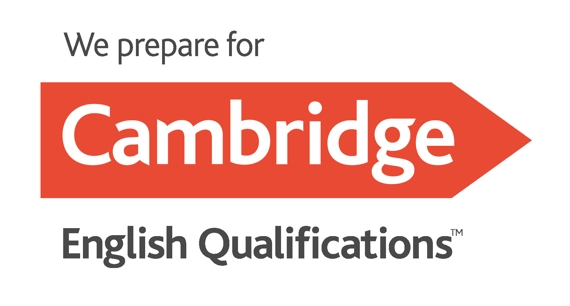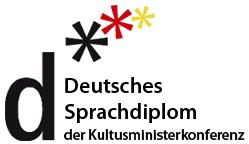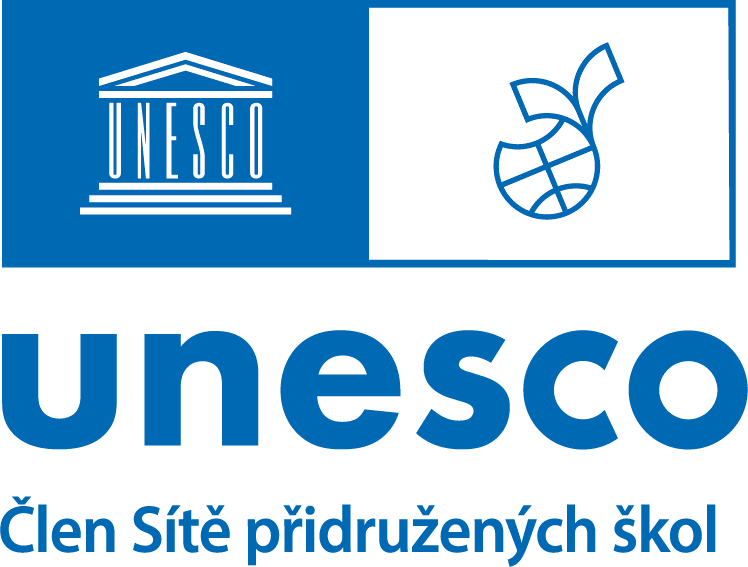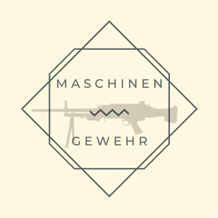On 31st March, classes Tercie B and Tercie A attended lecture about first aid and basic injuries we can meet in our daily life.
The lecture started with 6 students of medical faculty in Pilsen talking about basic injuries, such as bleeding, burns and frostbites. They told us something about them and how to heal and care about them. We found out that there are 3 degrees of burns, the third one is the worst and the first one is the least damaging but we also have chemical burns and we have to be really, really careful while trying to get rid of them. For example, if the chemical is in dust, we can’t wash it with water, because it can react with it and burn us even more. About frostbites, there are two types – surface and deep. And bleeding? There are a lot of types of bleeding, the most common is nose bleeding. We found out that we can’t tilt our head back while nose bleeding, but we have to lean our head in front and let the blood go out.
Sometimes, they used some special and hard words, so they had to explain them to us, but they seemed like they don’t mind and we really appreciated that.
They even showed us some pictures and we think that our class enjoyed them the most. They even taught us what to do if our tongue is stuck in our throat or how to make a basic splint from our clothes and wood.
Students of the faculty were really kind and they answered all of our questions. This part was really educative and we learned a lot new things about our health.
The second part of the lecture was a practical part. At first, one student showed us video of Mr. Bean trying to save human's life. That was fun, although it wasn’t the ideal way of saving someone’s life. After that, another student brought human figure and showed us how to do the rescue breathing and heart massage. We got opportunity to even try the heart massage and that was really exciting, although it was hard for some of us. Fortunately, students were there to help us and teach us some tricks.
We found out that there is a special procedure for saving life, called ABCDE, that means we have to control Airways, Breathing, Circulation, Disability and Exposure in this order. Students said that it’s easy to remember, because it goes like the alphabeth. And they were right, because most of our class remembers it now.
Students also told us where we can find the nearest defibrillator. We can find it at municipality and it is made even for people that are not doctors, because there are instructions with pictures, so anyone can work with it. It also tells you what to do. We think that it’s really great thing, because we can save someone’s life like this too.
We really enjoyed the lecture and we hope that we'll attend something like this again.
Lenka Zapletalová, Kateřina Sornasová, tercie B








